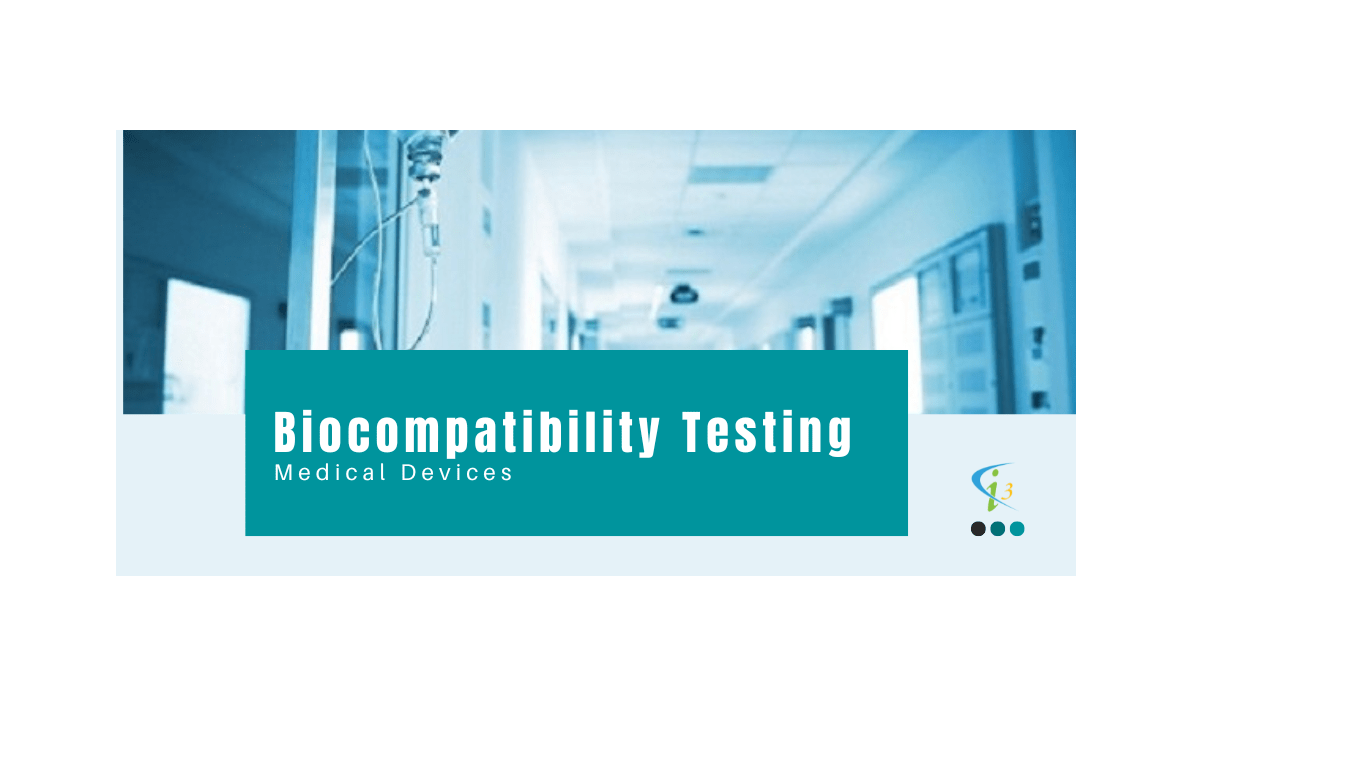Understanding Respiratory CEUs: Importance and Opportunities for Healthcare Professionals

Continuing education is a vital aspect of professional development in the healthcare field, particularly for those specializing in respiratory care. Respiratory CEUs (Continuing Education Units) are essential for respiratory therapists, nurses, and other healthcare professionals who work with patients suffering from respiratory conditions. In this blog, we will explore what respiratory CEUs are, their importance, how to earn them, and the various opportunities available for healthcare professionals in this field.
What are Respiratory CEUs?
Respiratory CEUs are educational credits awarded to healthcare professionals who complete specific training or courses related to respiratory care. These units are designed to ensure that practitioners stay current with the latest advancements in respiratory therapy, treatment protocols, and best practices. CEUs are often required for maintaining licensure and certification, making them a crucial component of a respiratory professional’s career.
Importance of Respiratory CEUs
- Maintaining Licensure and Certification
Many states and professional organizations require respiratory therapists and other healthcare providers to complete a certain number of CEUs to maintain their licenses and certifications. This requirement ensures that practitioners remain knowledgeable about the latest developments in their field and continue to provide high-quality care to their patients.
- Staying Updated on Best Practices
The field of respiratory care is constantly evolving, with new research, technologies, and treatment methods emerging regularly. Respiratory CEU provide healthcare professionals with the opportunity to learn about these advancements, ensuring they can implement the most effective and evidence-based practices in their work.
- Enhancing Career Opportunities
Completing CEUs can enhance a healthcare professional’s resume and make them more competitive in the job market. Employers often prefer candidates who demonstrate a commitment to ongoing education and professional development. Additionally, some advanced positions in respiratory care may require specific CEUs or certifications.
- Improving Patient Outcomes
By staying informed about the latest trends and techniques in respiratory care, healthcare professionals can improve patient outcomes. Knowledge gained through CEUs can lead to better assessment, treatment, and management of respiratory conditions, ultimately benefiting patients and their families.
How to Earn Respiratory CEUs
Earning respiratory CEUs can be accomplished through various methods, including:
1. Online Courses
Many organizations and institutions offer online courses specifically designed for respiratory care professionals. These courses often cover a wide range of topics, including pulmonary rehabilitation, asthma management, and advanced ventilation techniques. Online courses provide flexibility, allowing professionals to learn at their own pace and on their own schedule.
2. Workshops and Conferences
Attending workshops and conferences is another excellent way to earn CEUs. These events often feature expert speakers, hands-on training, and networking opportunities. Participants can engage in discussions about the latest research and practices in respiratory care, gaining valuable insights that can be applied in their work.
3. Webinars
Webinars are increasingly popular for continuing education, offering a convenient way to learn from experts in the field without the need for travel. Many professional organizations host webinars on various respiratory care topics, allowing participants to earn CEUs while gaining knowledge from industry leaders.
4. In-House Training Programs
Some healthcare facilities offer in-house training programs for their staff. These programs may cover specific topics relevant to the organization and can provide CEUs for participants. In-house training allows professionals to learn in a familiar environment and often focuses on the unique needs of the facility’s patient population.
5. Self-Study
Self-study options, such as reading articles, textbooks, or research papers, can also contribute to earning CEUs. Many organizations provide guidelines for self-study activities and the number of CEUs that can be earned through this method. However, it is essential to ensure that the materials used are credible and relevant to respiratory care.
Opportunities for Respiratory CEUs
Healthcare professionals specializing in respiratory care have access to various organizations and resources that offer CEU opportunities. Some notable organizations include:
1. American Association for Respiratory Care (AARC)
The AARC is a leading organization for respiratory care professionals, offering a wide range of educational resources, including online courses, webinars, and conferences. Members can access exclusive content and discounts on CEU opportunities.
2. National Board for Respiratory Care (NBRC)
The NBRC is responsible for certifying respiratory therapists and offers various continuing education resources. They provide information on required CEUs for maintaining certification and a list of approved courses.
3. State Respiratory Care Boards
Many states have their own respiratory care boards that regulate the practice of respiratory therapy. These boards often provide information on CEU requirements and approved courses, ensuring that professionals meet their state’s licensure requirements.
4. Local Hospitals and Healthcare Facilities
Local hospitals and healthcare facilities may offer CEU opportunities for their staff. These programs can be tailored to the specific needs of the facility and its patient population, providing relevant and practical education.
Conclusion
Respiratory CEUs are an essential component of professional development for healthcare professionals working in respiratory care. By staying current with the latest advancements, maintaining licensure, and improving patient outcomes, respiratory therapists and other practitioners can enhance their careers and provide the best possible care to their patients. With various opportunities available for earning CEUs, including online courses, workshops, and in-house training, healthcare professionals can easily find the resources they need to continue their education and stay at the forefront of their field. Embracing lifelong learning through respiratory CEUs not only benefits individual practitioners but also contributes to the overall improvement of respiratory care in the healthcare system.









